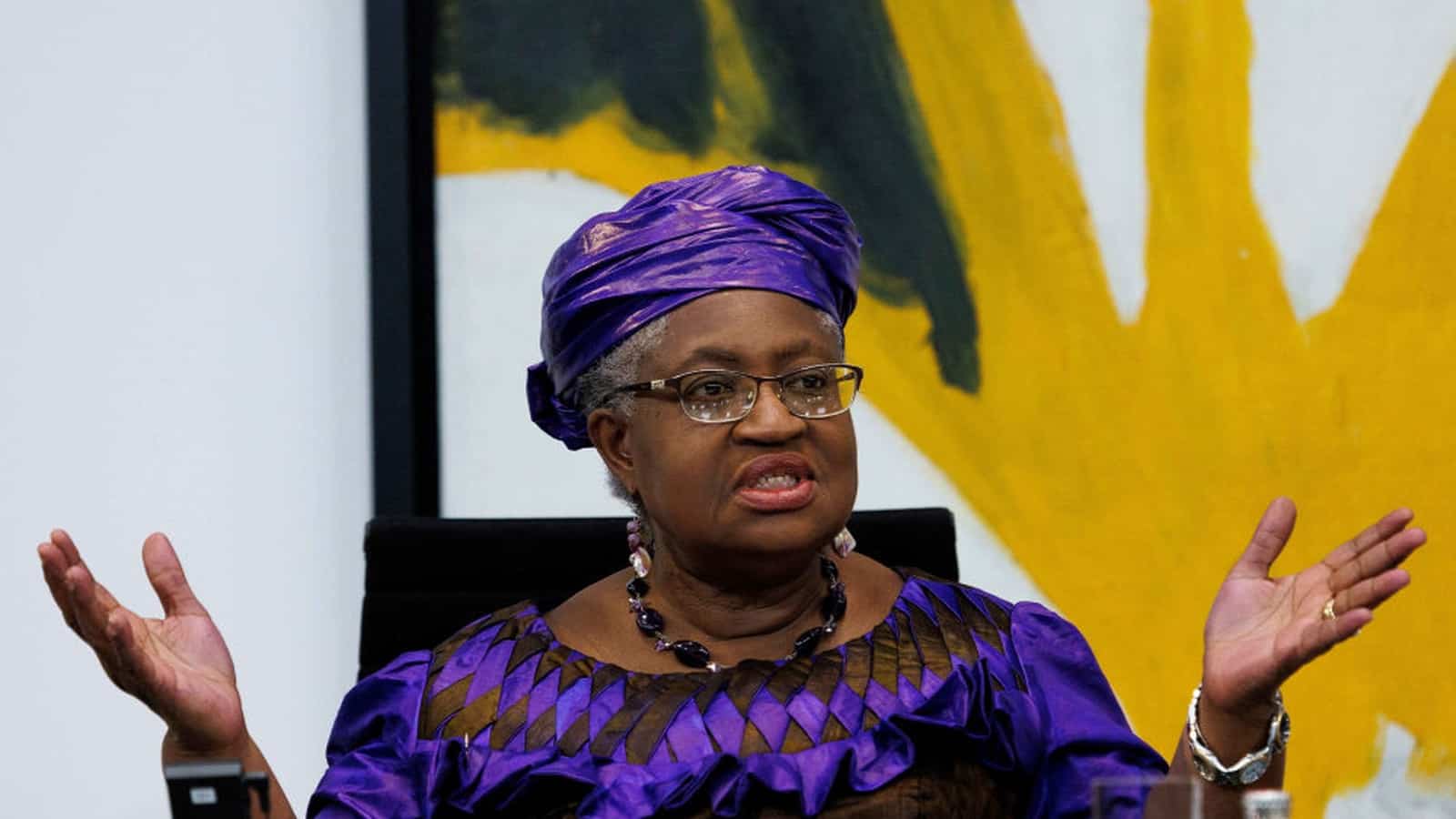WTO Meeting Kicks Off to Challenges; “Big Deals Unlikely”

With economic challenges and “geopolitical tensions” threatening international commerce, the World Trade Organization faces a difficult job at the 13th Ministerial Conference, according to AFP.
What’s going on: At the meeting, which began Monday in Abu Dhabi and is expected to conclude on Thursday, “[t]he WTO is hoping for progress, particularly on fishing, agriculture and electronic commerce. But big deals are unlikely as the body’s rules require full consensus among all 164 member states—a tall order in the current climate.”
- The organization could also decide on whether to expand a 2022 TRIPS waiver to include COVID-19 therapies—a move that would be damaging to manufacturing in the U.S.
- “The WTO committee in charge of discussing intellectual property rights recently told the WTO General Council that it had been unable to reach agreement on the issue after more than 18 months of discussion,” POLITICO reports. “That could signal the end of the road for efforts to expand the waiver, but [there is] fear it could still be approved by ministers at MC13 as part of the final horse-trading that occurs to reach some deal.”
Reform needed: “Speaking on the first day of MC13, WTO Director-General said that ‘multilateralism is under attack,’ highlighting a need to ‘reform the multilateral trading system’ and boost international cooperation,” according to AFP.
- European Trade Commissioner Valdis Dombrovskis echoed the call for reform, saying, “The world has changed. And institutions like the WTO need to evolve too. We are faced with crises wherever we look.”
No waiver expansion: One change that should not take place, however, is the TRIPS waiver expansion, the NAM told U.S. lawmakers ahead of the WTO meeting. NAM President and CEO Jay Timmons met with Okonjo-Iweala and WTO Deputy Director General Angela Ellard in Geneva last March to discuss the waiver.
- “The proposed expansion of the TRIPS waiver to include diagnostics and therapeutics would jeopardize American innovation, endanger U.S. jobs, undermine future investment and research and development for lifesaving products that are fundamental to fighting global crises, including many diseases and health conditions other than COVID-19, and pose serious safety concerns,” the NAM and six association partners told Secretary of State Antony Blinken, Commerce Secretary Gina Raimondo, U.S. Trade Representative Katherine Tai and White House Chief of Staff Jeffrey Zients last week.
Digital commerce: There are some concrete actions that should be taken regarding the WTO, the NAM told the House Ways and Means Subcommittee on Trade this month.
- The USTR should reverse a decision it made in October 2023 to “drop the longstanding digital trade position of the U.S. at the WTO. This longstanding position, which has clear bipartisan support from the U.S. Congress, seeks to protect cross-border data flows, prohibit costly data localization requirements abroad, defend American digital products from discrimination and protect American IP.”
- And the U.S. should urge the WTO to institute a permanent e-commerce moratorium. Allowing the current “moratorium on customs duties for electronic transmissions … to expire would inject uncertainty and impose unfair burdens on manufacturers in the U.S.”
The last word: “The WTO remains a critical forum to advance free and fair trade globally,” said NAM Director of International Policy Dylan Clement.
- “The outcome of the 13th WTO Ministerial Conference is important because an expansion to the TRIPS waiver or letting the e-commerce moratorium expire could significantly harm manufacturers in the United States. As such, manufacturers will be watching the WTO Ministerial this week very closely.”
